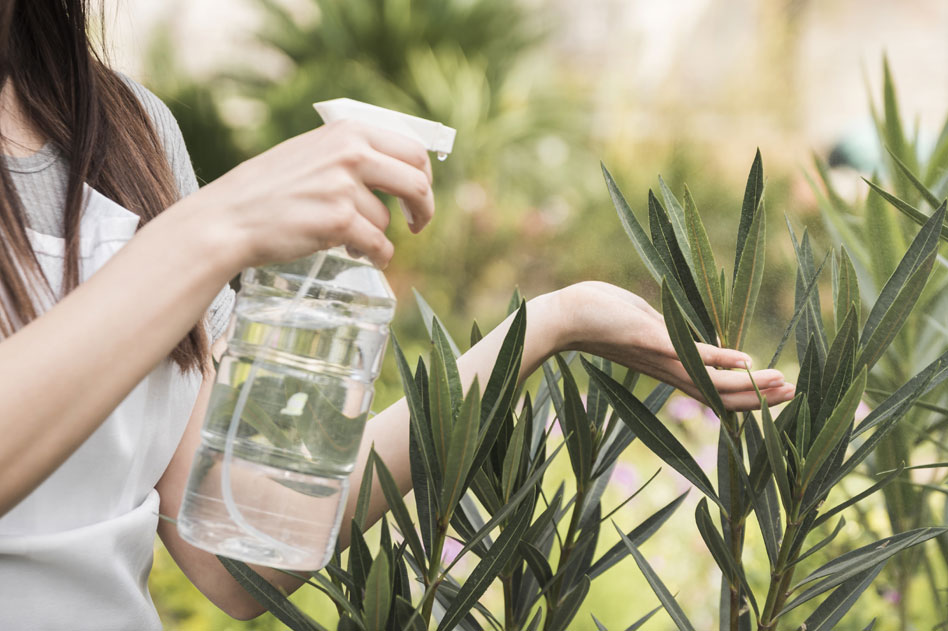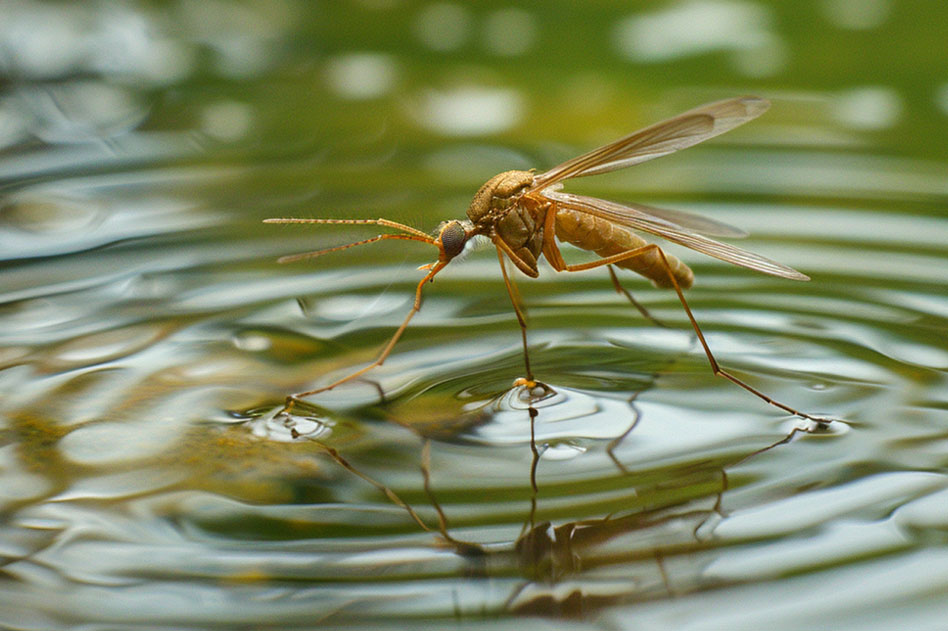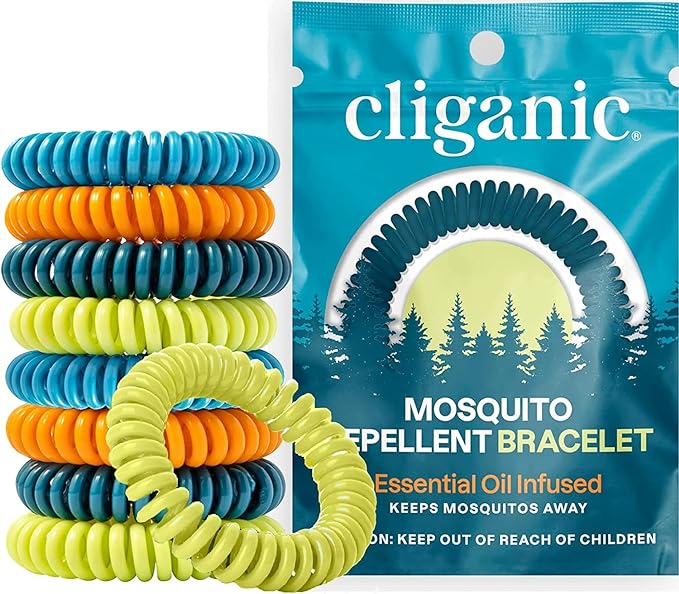Nothing ruins a relaxing evening outdoors faster than the high-pitched buzz of a mosquito, or worse, the itchy bites they leave behind. Whether you’re hosting a backyard barbecue, tending your garden, or simply enjoying the sunset, mosquitoes can quickly turn your outdoor space into a battleground. Fortunately, there are simple, effective ways to fight back. From natural repellents to strategic landscaping and DIY solutions, here’s how to reclaim your yard and enjoy a bite-free summer.
How to Repel Mosquitoes from Your Yard
1. Get Rid of Standing Water
The foundation of mosquito control is prevention. Mosquitoes breed in stagnant water, so take a walk through your yard and eliminate any standing water. This can include birdbaths, clogged gutters, empty pots, or puddles. Refresh water features weekly and consider pouring a drop of oil into rain-filled depressions to break the surface tension. Regular yard work like trimming shrubs, keeping grass short, and removing debris also removes shaded resting spots mosquitoes love
2. Add Repellent Plants
Strategic planting is a simple, natural mosquito defense. Herbs and flowers such as citronella, lavender, mint, basil, rosemary, marigolds, catnip, and lemon balm contain scents mosquitoes dislike. Crush a few leaves and let the oils diffuse when relaxing on your patio. Not only do these plants help keep bugs at bay, but they also add beauty, fragrance, and even kitchen-ready flavors.
3. Add Fans to Break Up the Still Air
Mosquitoes are weak fliers and avoid breezy spots. Place oscillating or ceiling fans around outdoor seating areas to create airflow that disrupts mosquito flight and offers cooling comfort. A steady breeze is a low-tech, chemical-free barrier and perfect for entertaining outdoors without bug interruptions.
4. Use Citronella and Alternative Barriers
Candles, torches, or diffusers containing citronella or essential oils like rosemary, lemongrass, and cedarwood provide temporary protection over small areas. For more consistent coverage, try lanterns or shields like Thermacell devices that disperse repellent quietly and scentlessly. These are especially helpful in focused areas such as dining tables or lounge zones.
Just in time for summer, grab the mosquito protection that are proven to work. Whether you’re hosting an outdoor gathering, lounging by the pool, or just enjoying nature, Cliganic’s kid-friendly, natural mosquito repellent bracelets has you covered.
5. Consider Yard Sprays for Broader Control
If your mosquito problem is widespread, yard sprays offer long-lasting zone protection. Synthetic pyrethroid-based sprays can cover up to 16,000 sq ft. and remain effective for several weeks although heavy rain may require reapplication. There are also natural formulations likes garlic, essential oil, or bacteria-based sprays like Bti mosquito dunks that treat water sources harmlessly to wildlife. Select the method that best balances safety, coverage, and effectiveness.
6. Employ Traps and Natural Predators
To further reduce mosquito populations, install traps such as a UV-light unit that lure and eliminate them. Voice-of-experience gardeners also recommend using mosquito “bits” (Bti) to target larvae in lingering water. Encourage natural predators like birds, bats, frogs, dragonflies, and lacewing insects by adding features like birdhouses, small ponds, or native plant cover.

🧪 DIY Natural Mosquito Yard Spray
✅ What You’ll Need:
- 1 large spray bottle (32 oz or more)
- 1 cup white vinegar
- 2 cups water
- 2 tablespoons witch hazel (optional, for better mixing)
- 20 to 30 drops of essential oils (see suggested blends below)
- Small funnel (for easy pouring)
🌿 Suggested Essential Oil Blends:
You can use one oil or mix a few. Mosquitoes dislike strong scents from these oils:
- Citronella – classic and highly effective
- Lemongrass – fresh, citrusy scent mosquitoes hate
- Eucalyptus – repels and smells clean
- Peppermint – cooling and repellent
- Lavender – soothing for humans, irritating to bugs
- Tea Tree – antiseptic and bug-repelling
🛠️ Instructions:
1. Add Vinegar and Water to Spray Bottle Using the funnel, pour 1 cup of white vinegar and 2 cups of water into your spray bottle.
2. Add Witch Hazel (Optional) Add 2 tablespoons of witch hazel. This helps the oils disperse more evenly.
3. Add Essential Oils Drop in 20 to 30 drops of your chosen essential oil(s). Shake well to combine.
4. Label and Store Label your bottle clearly (e.g., “Mosquito Yard Spray – Shake Before Use”) and store it in a cool, dark place when not in use.
To Use: Shake well and spray generously around patios, doorways, window screens, outdoor furniture, and plant borders. Avoid direct contact with delicate flowers or edible plants.
🧼 Notes:
- Reapply every few days or after rain.
- Always shake before use as oil and water naturally separate.
- Do a patch test before spraying on new furniture or plant varieties to check for sensitivity.
🕯️ Alternative: DIY Candle Diffuser
You can also use unscented tea lights or floating candles with essential oils in a shallow bowl of water. Here’s how:
What You’ll Need:
- Shallow heat-safe bowl
- Water
- A few drops of essential oil
- Floating candle or unscented tea light
Instructions:
- Fill bowl with water.
- Add 5 to 10 drops of mosquito-repelling essential oils.
- Place the candle on the surface.
- Light it and enjoy the scent and glow!
Making your yard mosquito-resistant doesn’t mean you must spray chemicals constantly. With preventive basics, intentional planting, and smart devices like fans, diffusers, and traps you can significantly reduce bites and reclaim your outdoor time. Test different methods to see what fits best in your space. Before long, your yard could become a bug-free haven for relaxing evenings and lively gatherings.




